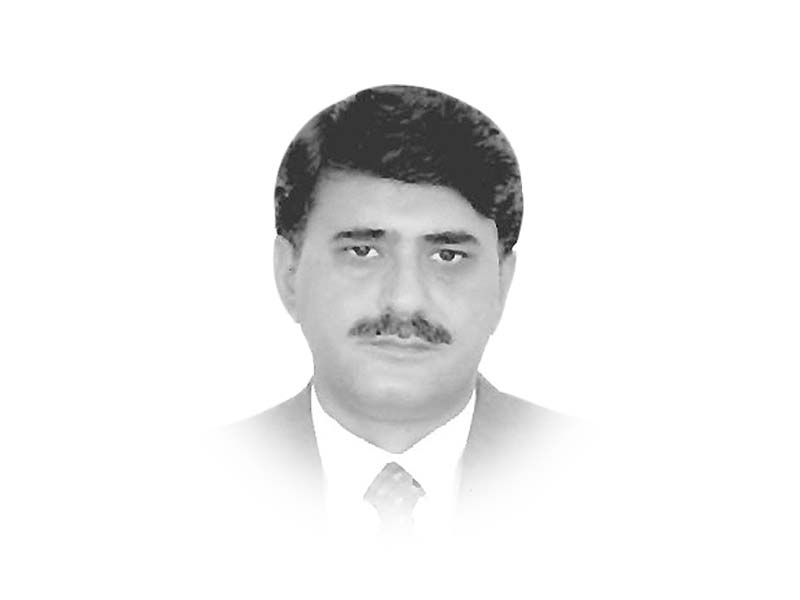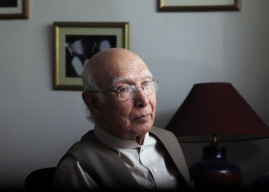
While all this is understandable given the biased image projected of Pakistan in the western media, there are certain internal and external factors which the Afghan leaders, especially President Ghani, needs to take into account before blaming Pakistan for the failure of talks with the Taliban.
First of all, President Ghani must give some thought to whether or not his National Unity Government (NUG) is really united on vital issues confronting him and his nation. None can deny the fact that leaders of NUG have, on a number of occasions, demonstrated that they are not united. They have always given contentious statements on issues vital for Afghanistan's interests, and always vitiated the environment through their statements, made positive by the personal efforts of Pakistani officials. It appears as if the NUG still suffers from internal divisions. It has communists — the Khalqi and Parchami factions are flocked together, and the rest of the stock in is either pro-Indian (and therefore anti-Pakistan), or are former mujahedeen, averse to the Taliban. President Ghani is encircled by politicians and warlords who do not seem to be prepared for any peace settlement with the Taliban and do not want to have cordial relations with Pakistan. If President Ghani is really willing and determined to strike a permanent peace deal with the Taliban then he will have to reign over the leaders of his NUG if he intends on securing a final peaceful settlement.
The Afghan peace process faces many challenges and one of them is the broadcasting of any and every piece of breaking news by the Afghan print and electronic media. Propaganda by the Afghan print and electronic media that is inappropriate and negative for the peace process, is among the factors to be seriously considered by President Ghani. Amid reports of Indian penetration of Afghan media outlets, irresponsible and baseless statements by NUG leaders are being instantly propagated by the Afghan media, without any professional requisite of cross-checking of facts. It is the main reason why Abdul Rashid Dostum says his forces have killed a Pakistani ISI general in Afghanistan. No media person in Afghanistan carries out any investigative work to establish the fact or denounce it.
It would be prudent of President Ghani if he advises the concerned Afghan quarters to devise a national policy for the Afghan media so that it could attain some objectivity in its reporting, instead of projecting the unfounded and baseless propaganda of most of the NUG leaders.
Above all, President Ghani should realise that the possible presence of IS in Afghanistan will definitely derail the peace process and in such a scenario, neither the Afghan government nor its US and NATO allies will have the ability to stabilise the country. Reports already suggest that it has been potentially challenging for the Taliban to prevent their own fighters from joining the IS after the announcement of the death of Mullah Omar. If this continues, and the NUG leaders continue to undermine their own head of government and the efforts of Pakistan for a lasting peace in Afghanistan, the peace process will become complex and derail further. Hence, there seems to be no way out of this maze but to sincerely support the peace talks with the Afghan Taliban. Pakistan's present leadership, both civil and military, has realised this and one can only hope that the Afghan President also realises this, sooner rather than later.
It is time for the Afghan President to rise to the occasion and seize the opportunity against all odds. He must realise that the Afghan peace process is now faced with multiple challenges and multiple players. Peace must be sought not only with the Afghan Taliban, but also neighbouring countries if there is to be any chance of a lasting stability in the region. Pakistan is one of the most important neighbours of Afghanistan and its sincere efforts should be recognised.
Published in The Express Tribune, September 5th, 2015.
Like Opinion & Editorial on Facebook, follow @ETOpEd on Twitter to receive all updates on all our daily pieces.










































COMMENTS (10)
Comments are moderated and generally will be posted if they are on-topic and not abusive.
For more information, please see our Comments FAQ